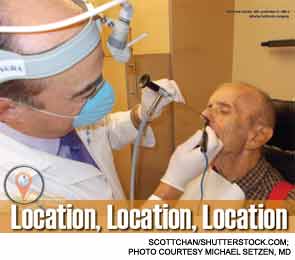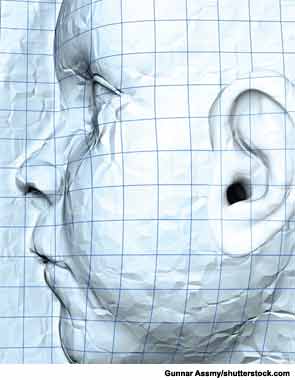Regarding the article “Malpractice and the Otolaryngologist" (ENTtoday, October 2013), EMRs are expensive, time consuming, and will lead to lawsuits

Diagnosis, Treatment of Swallowing Disorders Require Focused Evaluation by Otolaryngologists
Physicians at the 2013 American Academy of Otolaryngology-Head and Neck Surgery Annual Meeting relay observations, lessons learned from cases of patients with difficulty swallowing
Tips for Coding Inferior Turbinate Surgery
Ensure proper coding of procedures for inferior turbinate hypertrophy surgery to maximize reimbursement

Otolaryngologists Increasingly Move Inferior Turbinate Surgery into the Office

Why Otolaryngologists Should Embrace Off-Label Drugs, Devices
Physicians must consider using equally effective, less expensive products to treat disorders, even if they haven’t earned U.S. FDA approval, said experts at the 2013 American Academy of Otolaryngology-Head and Neck Surgery Annual Meeting

Facial Plastic Surgery Gains Popularity with Racial and Ethnic Minorities
Otolaryngologists must prepare to accommodate a variety of facial structures, learn cultural sensitivity in talking to minority patients

3D Printing Emerges as Tool for Otolaryngologists
Additive manufacturing enables physicians to create tracheal stents, ears

What Otolaryngologists Need to Know About the Physician Payment Sunshine Act
The federal act mandates disclosure of physician ownership and investments in healthcare manufacturers and group purchasing organizations

COSM13: Otolaryngologists Share Research, Insights at Annual Meetings

A Personal Spin on Migraine-Associated Vertigo Treatments: With few formal guidelines, otolaryngologists use trial and error
Physicians have noted the potential for dizziness in migraine patients since the 19th century. And yet the 21st century has so far failed to bring any unifying definition to a symptom that is frustratingly diffuse in its intensity and frequency and unclear in its origins.